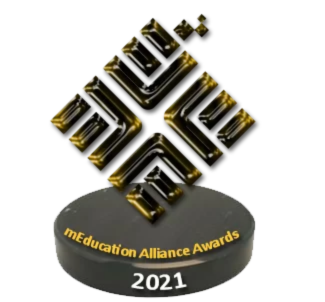Parallel and Perpendicular
A deck of cards has three types of cards: parallel, Perpendicular and straight. The player must place sticks based on the cards and the player that reaches the finish line first wins!
A deck of cards has three types of cards: parallel, Perpendicular and straight. The player must place sticks based on the cards and the player that reaches the finish line first wins!
In each round, players in teams will draw 6 cards from a pile and attempt to make two 3-digit numbers. They will then find the sum of each of the two numbers and the team with the largest sum gets the point.
An adult will call out different prompts and teams must draw from the 20 digital cards they are given to satisfy the prompt.
In groups of 4, students will be given a deck of digit cards. The teacher will state a description of a 4 digit number and the students must rearrange themselves to fit the description.
Players will use a game board that is made up of 9 dots on a 3 by 3 grid. Players will take turns drawing horizontal or vertical lines that connect two dots until they complete a square and place their initials in them. Players will then solve the algebraic expressions in the squares to earn points and the player with the most points wins!
Players will get 10 prime cards and will attempt to try and break down the composite number they are given.
Jump and sit down or stand up after identifying a number as prime or composite. More points are allocated to corrected factorization of composite numbers!
Players will draw columns with different titles for example cylinder. The player will have a set time to write as many objects with that shape and the properties of the shape. After all the columns are filled, the player with the most points wins.
The players will be divided into two teams and one player from a team will read out a number from a card. Players in the other team must stand if the number is composite and must sit if it is a prime number. If the number of composites, the members must list the prime factors of the composite number. The team with the most points win!
Roll dice to add or multiply numbers. Players closest to a total of 101 without going over wins!
 M-Education Alliance Award (Crisis and Conflict Response)
USA, 2021
M-Education Alliance Award (Crisis and Conflict Response)
USA, 2021
 World Innovations Summit For Education (WISE) Award
Qatar, 2022
World Innovations Summit For Education (WISE) Award
Qatar, 2022
 HundrED Innovations Global Collection
Finland, 2022
HundrED Innovations Global Collection
Finland, 2022
 QS-Wharton Reimagine Education (Access, Diversity, and Inclusion)
USA, 2023
QS-Wharton Reimagine Education (Access, Diversity, and Inclusion)
USA, 2023
 HGSE Alumni Council Award for Impact in Education
USA, 2024
HGSE Alumni Council Award for Impact in Education
USA, 2024
PBL resources organized by theme to give learners a more focused learning experience

Ready-to-use, holistic, and interactive student-facing tools that combine our existing IFERB resources into month-long workbooks.

Innovation Development in EAA works towards identifying persistent challenges in global education, designing and developing innovative solutions to make learning accessible to all, particularly to the hardest-to-reach children and youth in underserved communities. We created IFERB, an award-winning learning approach with diverse and engaging resources to help children learn from the world around them.